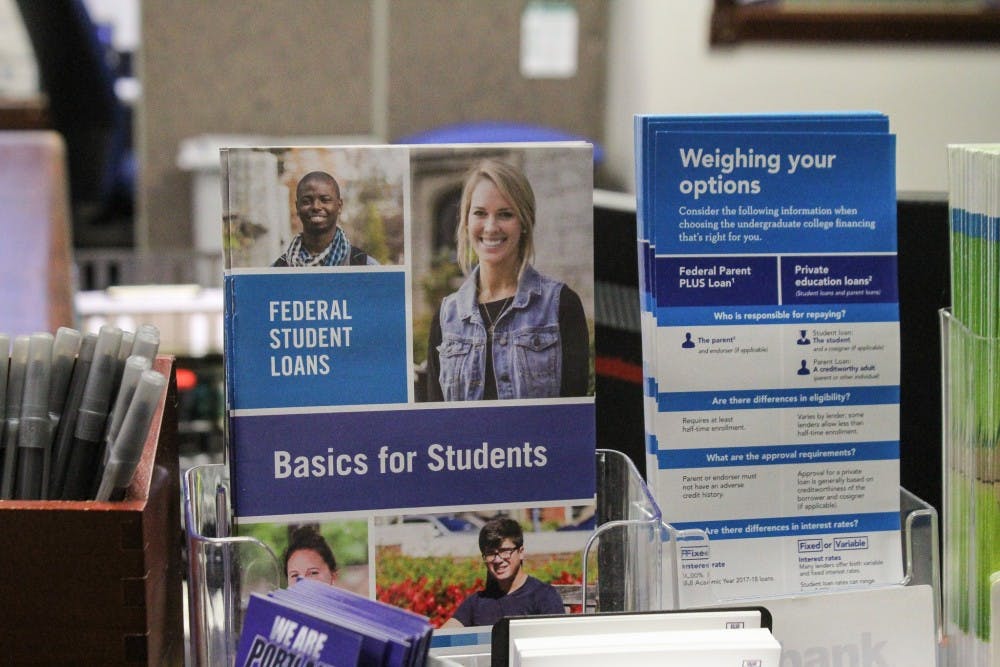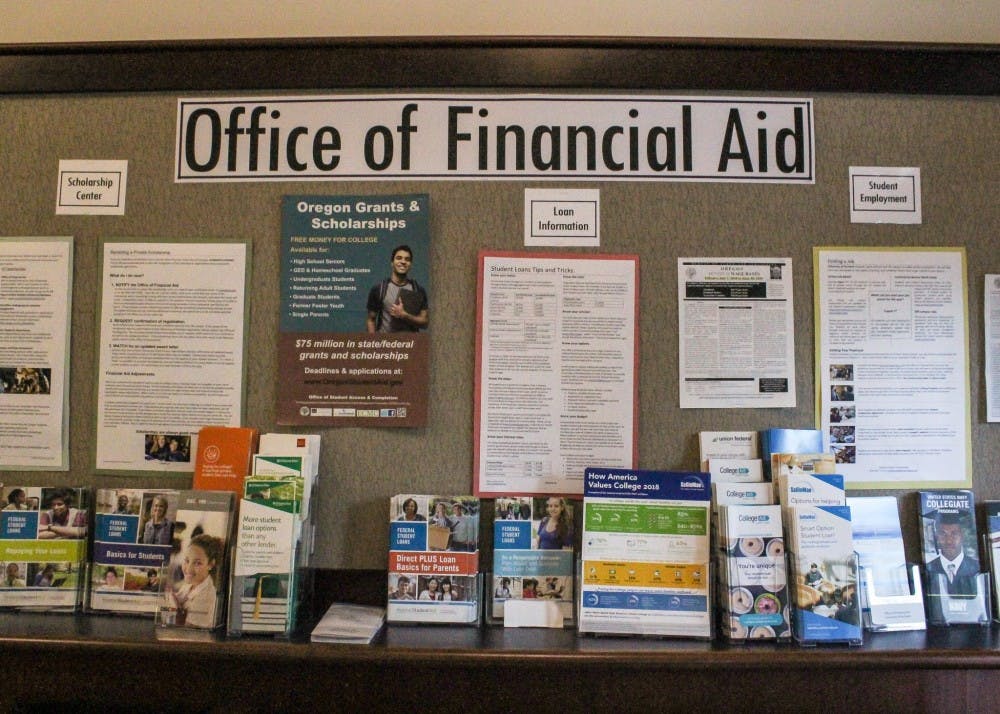Friday, Jan. 25, marked the first break in the longest federal government shutdown in U.S. history. On the 35th day of the partial shutdown, President Donald Trump agreed to re-open the federal government until Feb. 15 while Congress works on a bipartisan solution to border spending.
Since Dec. 22, when the shutdown began, colleges around the country have struggled to process financial aid applications and federal grants. According to a report by USA Today, students nationwide have had difficulty filing the Free Application For Student Aid (FAFSA). Because of the shutdown, the part of the IRS which handles additional tax documents has been unable to process requests.
But this doesn’t mean the end of all financial aid requests. The U.S. Department of Education remained funded during the shutdown, and promised to “provide more flexible guidelines for institutions during the shutdown, allowing them to accept additional documents for verification,” USA Today reported.
Janet Turner, UP director of financial aid, said she hasn’t received any complaints so far from UP students regarding the shutdown. One potential problem, Turner explained, has to do with selective service. To be eligible for federal aid, men between the ages of 18 to 25 must be registered for the draft. When processing FAFSA requests, the Department of Education randomly checks selective service numbers to ensure registration, Turner said.
“The Department of Education, once the government shutdown is lifted, will reprocess all of the financial aids applications that they that flag for selective service,” Turner said.

During the shutdown, Turner said the university would perform individual checks with selective service for students whose applications are flagged.
Financial aid is not the only way universities are affected. Federal grants, like those from the National Science Foundation, were on hold during the shutdown, too.
The Chronicle of Higher Education reported several schools which are already affected. Delays include funding for research expenses, filing permits, hiring research assistants and contacting government officials.
Mathematics professor Stephanie Salomone is the principal investigator for three National Science Foundation (NSF) grants at UP. While the NSF was unfunded, Salomone’s grants were more difficult to manage.
“The shutdown means I cannot contact a program officer with a question, and it is challenging to get reimbursed for expenses,” Salomone wrote in an email. “That said, this is a very minor hardship compared to what many government employees are facing.”
While in effect, the shutdown put 800,000 federal workers temporarily out of work. These people will return to their jobs on Monday, but could be in jeopardy again if a deal is not reached by Trump’s deadline.
Sam Cushing is a reporter for The Beacon. He can be reached at cushing20@up.edu.








